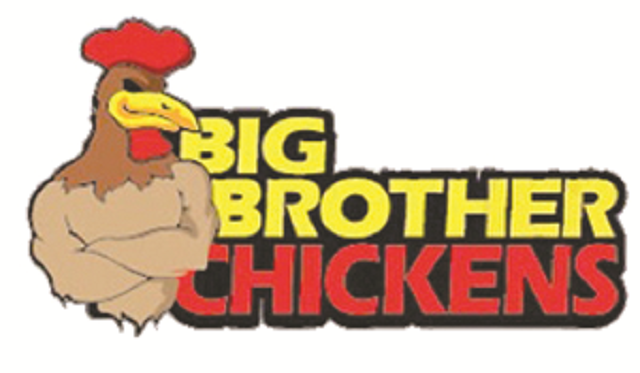
The Sunday News

Dumisani Nsingo, Farming Reporter
ONE of the country’s biggest commercial chicken producers, Muller Brothers has partnered one of its contract growers to set up state-of-the-art climate controlled fowl runs in Umguza District, Matabeleland North Province at a cost of $600 000.
Muller Brothers managing director Mr Frik Muller said the joint venture with one of Matabeleland’s top chicken farmers, Mr Walter Hickey, would see the setting up of four fowl runs with a combined carrying capacity of 90 000 birds.
The Bulawayo-based company markets its processed and packaged chickens under the Big Brother Chickens brand. It has been into the poultry business for nine years.
“We are going into a joint venture project with (Mr) Hickey whereby we are putting up capital and he is going to run the project and will also fund half of it as well. These are environment controlled fowl runs, which we are busy putting up and each one of these fowl runs will take 25 000 birds.
“We are going to put two open sided houses, which will take 20 000 birds and at a later stage, we will convert those two into climate controlled as well. By the time we will be done these two houses would have cost us $400 000 and when we are done with the others it will be a $600 000 project,” said Mr Muller.
A good in-house climate results in lower mortality and reduced disease risk. Optimum housing control allows the birds to experience the best possible conditions in which to live and develop. In creating these optimum and best environmental conditions it enables the chicks to build up adequate immunity resulting in much lower stress levels in achieving their genetic potential, which in turn results in their meat being of a higher quality with better taste, consistency and texture.
“What we have found is that the open sided houses (fowl runs) in Matabeleland don’t work because the climate fluctuates and the temperatures are too severe that’s why we decided to go with climate controlled houses,” said Mr Muller.
He said the investment was also prompted by the optimism of the country’s envisaged economic turnaround.
He said the performance of the country’s poultry sector was unpredictable, further hinting that the high cost of production was a bottleneck to farmers’ bid of attaining optimum profitability.
“It (poultry sector performance) fluctuates too much. So we have to make sure we get the figures right on the growing of the birds all the way through . . . like in the last three months we have been selling chickens at a loss. Now the prices are picking up again and it all comes to production costs and our production costs in Zimbabwe are too high. There is import cost on the maize, which is being imported including other raw materials for the production of feed thus it ends up being too expensive.
So we have got to be better farmers to ensure that we are viable, that’s why we are taking up this project,” said Mr Muller.
He said the company had to cut down the number of its contract growers as it was forced to subsidise them as most of them struggled to cope due to high production costs.
“We are not going to increase on the contract farmers we have at the moment. What we are trying to do to make ourselves more competitive is to make sure we run a more efficient operation between ourselves and our contract growers,” said Mr Muller.
Mr Hickey said the poultry project was part of their efforts of contributing towards the growth of the country’s economy.
“If we don’t do this (invest in the country) on our own no one will do it for us. I have been a grower for six years. I took it up after trying my hands at cropping. However, I didn’t do it at a scale it needed to be done so I then quit that,” he said.
@DNsingo




